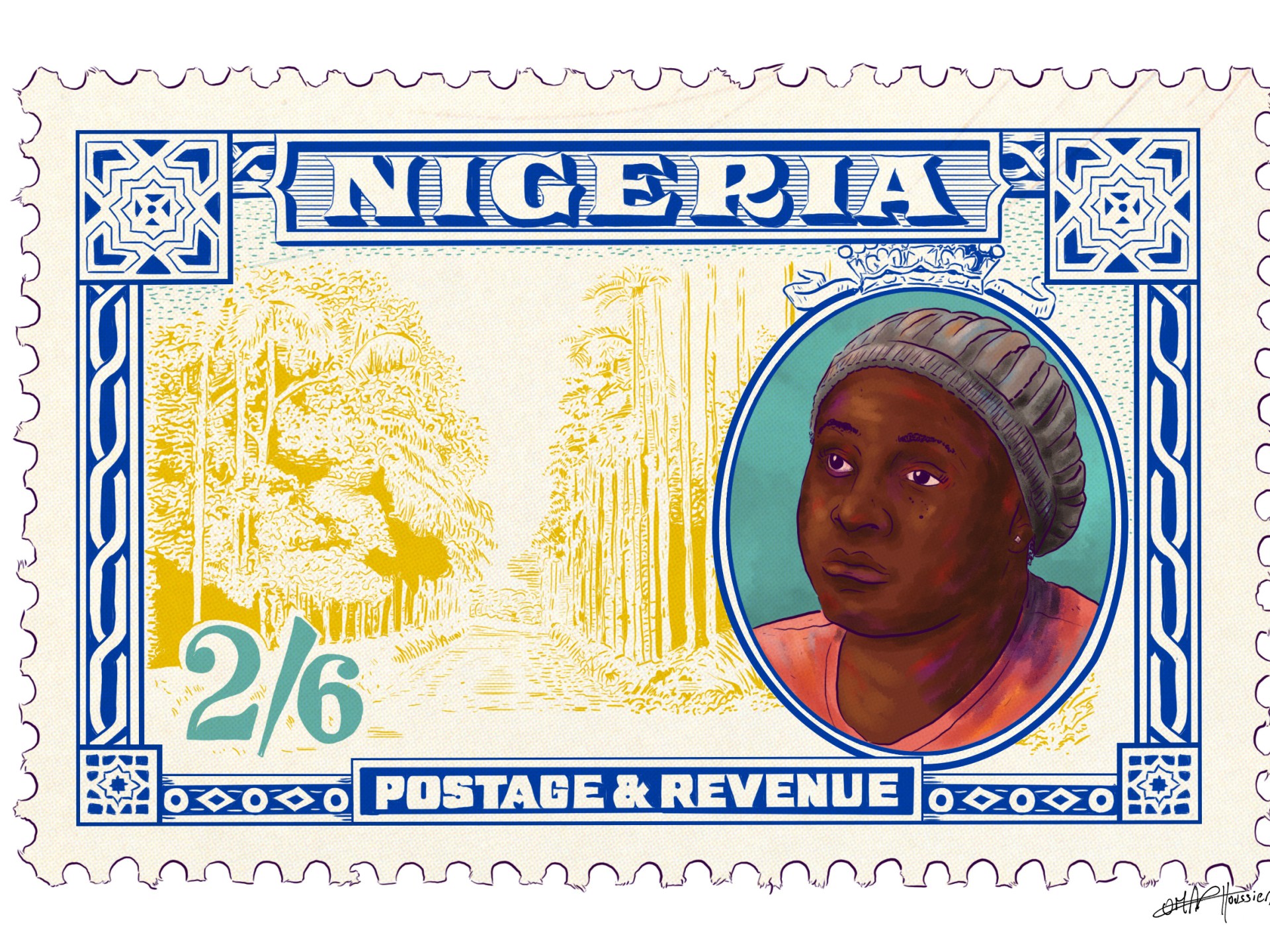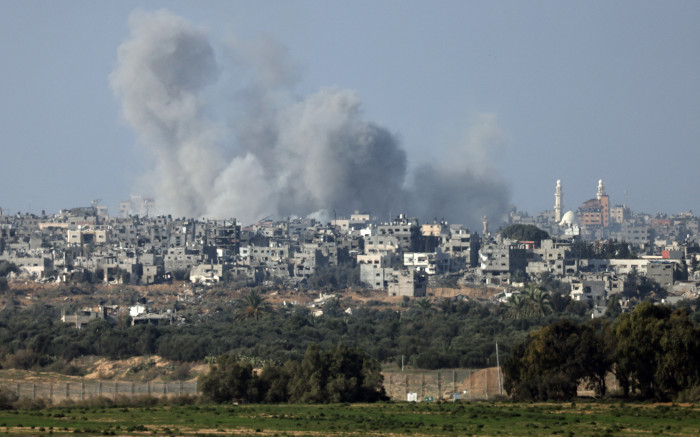
25-year-old Naomi Iwelu is now settled and lives in a room in the center of Catania, Sicily. Here she recounts the robberies, betrayals and rapes she experienced on her journey from Benin. Nigeria.
It was her mother’s death, four years after her father’s, that caused Naomi to drop out of school and leave Benin in 2018. As the eldest of six children, all of whom are now orphans, it was impossible to continue her education beyond secondary school.
“We couldn’t afford the cost of continuing my studies,” Naomi tells Al Jazeera, “so I started working in bars, restaurants and as a cleaner.”
However, the family’s living conditions deteriorated. Leaving Nigeria to start a new life in Europe was becoming more and more of an option.
“I contacted a friend who was living in Libya at the time,” she says. “We went to the same school but lost touch with each other. I found her contact on Facebook. She was the one who convinced me to leave Nigeria and said she would help me.”
Naomi was told the trip would cost about 4,000 euros ($4,370), far more than she could afford.
“I asked my boyfriend at the time for money to help my sister. I lied to him,” she says. “So I sent the money to my friend in Libya and that’s how the journey began.”
She set out as part of a group organized through her friend’s contact. Today she finds it difficult to remember the number of people, except that there were “a lot.”
“We spent two weeks in the desert,” she remembers. “There was hardly any water for us and a lot happened.”
When asked for details, Naomi falls silent and speaks volumes.
She eventually arrived in Tripoli, the capital of Libya, where she stayed for six months and found cleaning work in a local man’s house.
One day, when Naomi returned home, she found two local men waiting for her.
“You had a knife in your hand. They threatened me and demanded money. But I didn’t speak Arabic well. I did not understand it. Then they ordered me to undress. So they both raped me,” she says.
Despite this experience, Naomi had no choice but to continue her work and eventually raise the money for her passage to Europe.
“The journey was extremely hard. “Many of us were traveling in a rubber dinghy,” she says, describing how she felt sick during the crossing.
After reaching LampedusaThe Italian doctors who examined her told her she was pregnant.
“I didn’t know I was pregnant. It was so painful for me,” she says. “I wanted to study, and to do that I had to get it [an] Abortion. I didn’t want the baby.”
Naomi was eventually able to obtain an abortion and, after graduating from an Italian school, now works in a restaurant just steps from Via Etnea, Catania’s main street.
She is in regular contact with her family in Nigeria and sends them as much money as possible. “I miss them a lot, but I don’t want them to go on the same journey as me and experience what I experienced,” she says.
This article is the fifth in a five-part series of portraits of refugees from different countries and diverse backgrounds, bound by common fears and hopes as we move toward 2024. Read the article First, second, third And fourth Share here.






Recent Comments